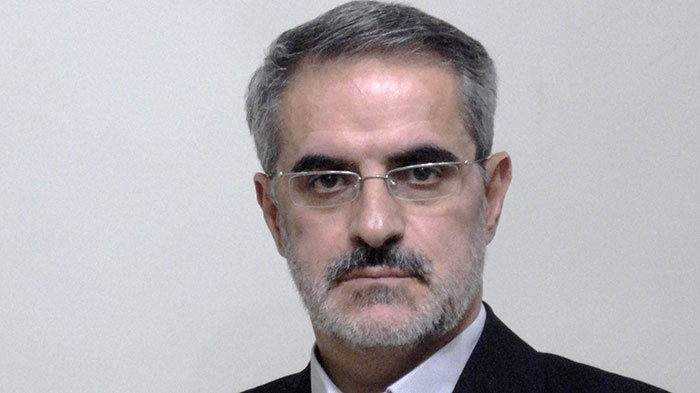Is it Erdogan’s Turn to Leave Power?

Hope and fear have always been part of the relations between Turkish and Western leaders. This has been the reason behind at least part of the conflicts between the two sides over crises of Cyprus, Iraq, Syrian Kurds, and Gulen.
Economy is Erdogan’s Achilles’ heel. I have repeatedly noted elsewhere that if Erdogan is ever to be forced out of power, what will do is not a military coup but an economic crisis. If continued, reports on sanctions against Turkish banks, economic signs and fluctuations, allegations of links between Zarrab and Erdogan, and the Ankara-Washington would make Erdogan leave power, unless he aligns his moves with the strategies already determined. The method of government and the Ottoman political Islam cannot account for today’s needs of the empire. By defeating Sultan Abdulhamid during World War I, that Ataturk and his allies managed to found the Turkish republic on the ruins of the Ottoman Empire. Erdogan’s rise to power in Turkey is in part indebted to the failure of Erbakan’s political Islam too.
On his way to office, Erdogan not only turned his back on his master, but also underwent a political metamorphosis, visited the US, and opened Turkey’s doors to world capital, bringing in welfare and development on the one hand and severe economic independence on the other. Just as Ataturk revolutionized Turkey’s cultural and social structures, Erdogan change the country’s economic structure. The West’s role in both shift has been pivotal. However, many Islamists do not view Ataturk positively, knowing his as an agent of the West.
When I asked Vural Savaş, former Turkish attorney general (a force in the desollution of the Welfare Party), about Ataturk’s radical westernism, he said it was a neccesity to keep preserve Turkey. To him, any Islamic pretence and inclination could deprive the Truks of their land. From such a point of view, situation that forced Ataturk to take certain steps, also forced Erdogan to enforce changes and policies he did not necessarily believed in.
Somehow, neither Ataturk nor Erdogan could be criticized. The changes in Turkey under bother of them were driven by external conditions rather than domestic mechanisms. Of course, the adroitness of Trukish leaders to bring the country to its present status without the sources required should not be neglected. If the Truks now write in Latin alphabet as a result of Ataturk’s reforms, Turkish economy under Erdogan’s leadership is following suit with tasks determined by the West, and the US in particular. In doing so, military figures are pulled down from the top of the power pyramid, replaced by an economic legion. Following structural revolution under the supervision of the International Monetary Fund and the World Bank and moves for implementation of Copenhagen’s criteria, Turkey is on the path mapped by the Western world to become an example in the Middle East, to become Iran’s rival, which was partly realized under Erdogan’s government.
The West not only tolerated the awakening of neo-Ottomanism that set fire to the Middle East in competition with Iran but also contributed to it in several issues. However, Erdogan’s drifting away, in certain areas, from macro-strategic instructions of the West, has brought to surface signs indicating his days in power are numbered. Note that the West cannot afford to give up Turkey but Erdogan is different.
The point is Ataturk, Özal, Erdogan and is a larger scope Reza Shah, Mahathir Mohamad, Karzai, and the like are national figures who had accepted the reality of Western power and chose to engage with it. None was an agent or puppet of the West in the strict sense of the words. However, a sort of coordination and accord was important in their rise to power. This weakness led to their fall when their terms ended or they abandoned coordination with the West. The game still goes on, deeply affecting the fate of many nations and states. In the end, it should be noted that Turkey today is devoid of a national army or economy but it enjoys development and economic growth, even though the strings is in the hands of Washington, rather than Ankara. These could help the country survive or bring it to collapse. Erdogan’s luck lies in the fact that there is still no alternative for him. Otherwise, neither ruble nor rial could save him. What future has the complicated scene of politics, and the multifaceted cooperation and conflicts governing it, held in reserve for Turkey and Erdogan? We should wait to see.

